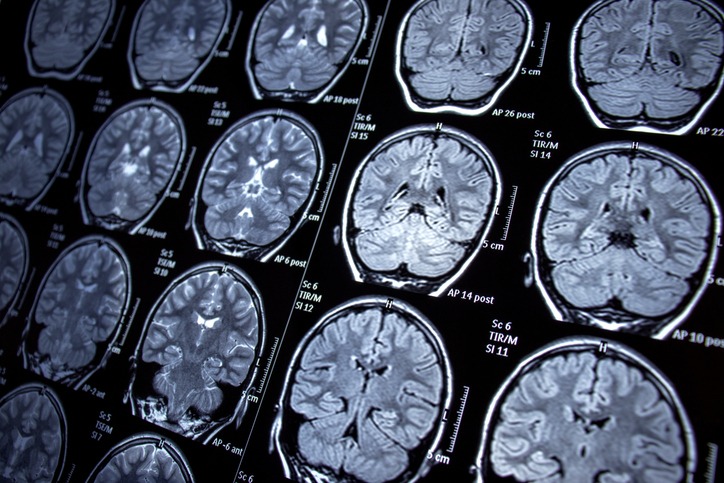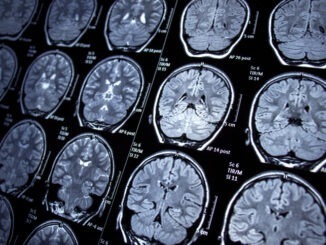
As reported by The Times, a drug to boost brain function in old age has moved a step closer after scientists found that a single injection of a key protein can turbocharge the cognitive abilities of ageing monkeys
Researchers were able to boost the cognitive function of mice with a protein called klotho, and wanted to test it on a species closer to humans. They chose rhesus macaques as they experience “age-induced cognitive decline”, similar way to humans. An injection of klotho “enhanced cognition and memory” in older monkeys, with one dose producing effects that lasted at least two weeks.
Researchers from University of California, San Francisco (UCSF) said: “Low-dose klotho treatment may prove therapeutic in ageing humans.” British dementia experts say this could have implications for neurodegenerative diseases such as Alzheimer’s.
In the quest to slow or reverse the effects of ageing, scientists feel that klotho, a protein found in mammals, is a promising candidate. In 1997, Japanese scientists found that mice that can’t produce the gene behind klotho developed “disorders resembling human ageing”. This was the first evidence that those who naturally produce high levels of klotho may enjoy protection against age-related decline.
A 2011 study followed 804 adults aged over 65 for six years and found that those with the lowest levels of klotho were 78 per cent more likely to die during the study than those with high levels. A 2016 study found that those with vascular dementia have a lower level of klotho than healthy people.
It is thought that klotho protects cells against the effects of ageing by reducing the damage caused by inflammation. Lower levels of klotho have been linked to higher risk of cardiovascular disease, depression, infertility, osteoporosis and cognitive decline.
UCSF researchers studied 18 macaques with an average age that equated to 65 in human years. Those who received klotho performed better over two weeks in tasks asking them to remember the location of food.
The study concluded: “Low-dose klotho enhanced memory and enhance cognition in aged non-human primates, suggesting that it may prove therapeutic in ageing humans.”
Dr Marc Busche, a group leader at the UK Dementia Research Institute at University College London, who was not involved in the study, said: “The implications for neurodegenerative diseases, such as Alzheimer’s, are significant — but can it enhance cognition in patients when neural systems are already compromised and there is substantial nerve cell and synapse loss?”



Be the first to comment